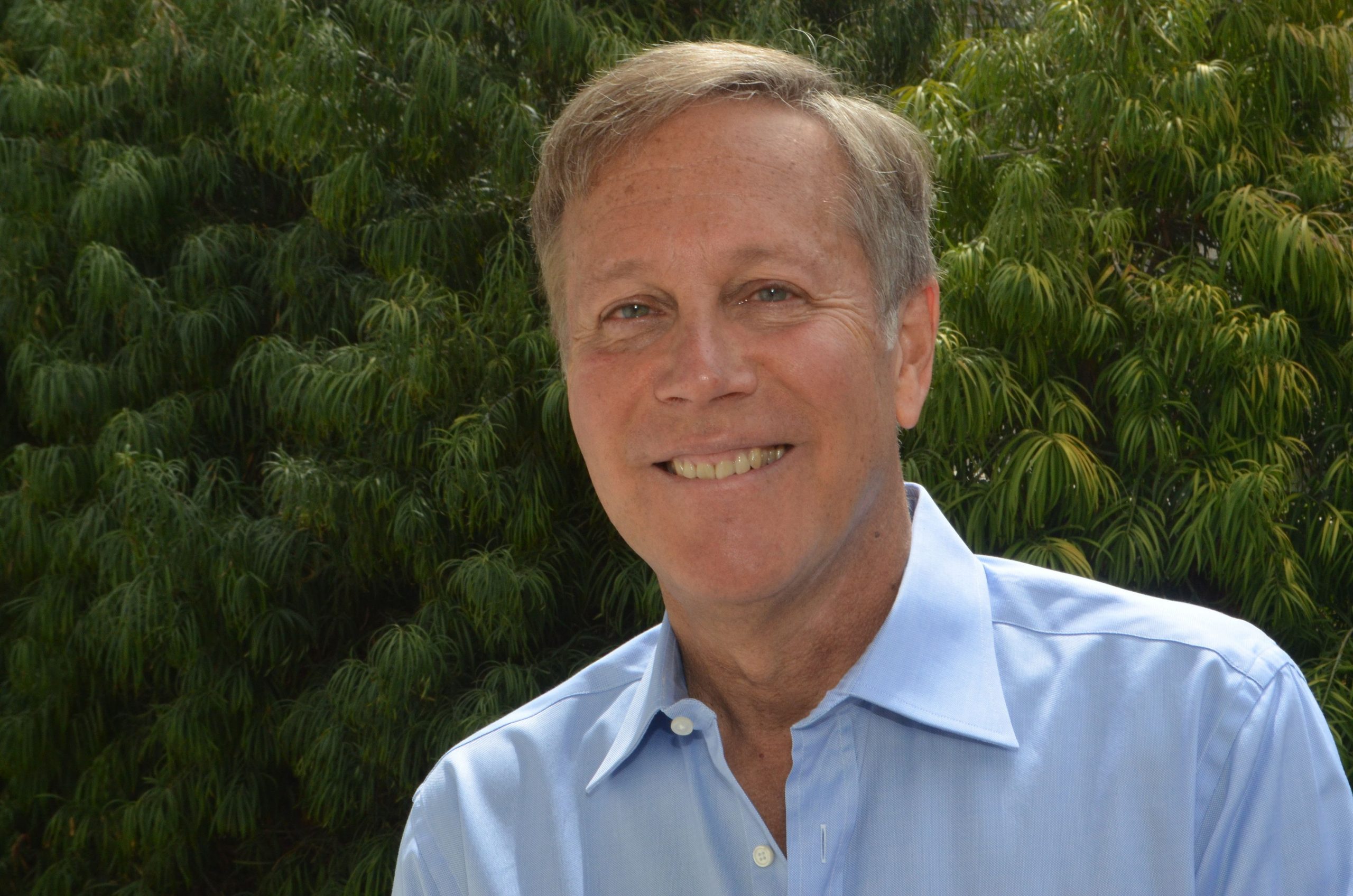Dana Gioia’s Timeless Piety

Studying with Miss Bishop: Memoirs from a Young Writer’s Life, by Dana Gioia (Paul Dry Books: 2021), 184 pages.
Born into a working-class family in L.A., Dana Gioia rose to become chairman of the National Endowment for the Arts, poet laureate of California, and the nation’s foremost literary essayist. He has a lot to brag about. But in his self-effacing memoir, he focuses his attention on other people. Some of his subjects are obscure. Others are famous. Each has done something to shape Gioia’s literary life, and in profiling them he tells us a great deal about himself.
Gioia describes long, awkward seminars conducted by Elizabeth Bishop in the basement of a Harvard hall. Their relationship warmed after she learned that Gioia’s mother was breeding Himalayan kittens. He recalls an unexpected week spent with John Cheever, who had just left rehab and whose usual charm had become gentler thanks to his new sobriety. He feels the greatest sympathy with Robert Fitzgerald, who awakened Gioia to the wonders of the Odyssey, the Aeneid, and the Divine Comedy, and (not incidentally) to the glories of the Catholic faith. Gioia paints a less flattering but still fond portrait of James Dickey, who cornered Gioia at a cocktail party over a negative review, profanely shouting that people could not expect him to write (or act, it seems) like the courtly Richard Wilbur.
But Gioia writes with most feeling and gravity when he is memorializing lives that might otherwise be forgotten. One essay honors his uncle, Ted Ortiz, an “oldstyle proletarian intellectual” who died when Gioia was six but left behind a library full of books that changed Gioia’s life. The finest piece is a tribute to Ronald Perry, an obscure poet from Miami whom Gioia never met but came to know through an unlikely exchange of letters.
Dana Gioia’s characteristic virtue, like that of Aeneas, is piety. Today the word “piety” is used to describe hollow and sentimental shows of belief. In its ancient and proper sense, however, piety is a noble thing, a disposition of reverence toward those to whom we owe gratitude. The pious man worships God, serves his country, and honors his mother and father. He remembers the dead. “To name is to know and remember,” Gioia writes in one of his finest poems, and here he repeats the refrain: “Oblivion can do its work elsewhere. Remembrance is our métier. After all, our Muse is the daughter of Memory.”
One can see Gioia’s piety in the quiet pride he takes in his own upbringing. Stanford, Harvard, Yale. The c-suite and literary parties. Even while passing through the meritocratic cursus honorum, Gioia has remained loyal to the outlook of his Mexican mother and Italian father. They were unpretentious people who worked full-time, his father as a cab driver and his mother as a telephone operator, among other jobs. One sees his piety as well in the service he has rendered to his country and state, in the care with which he cultivates his land in Sonoma, and in his Catholic faith.
 Gioia’s literary output expresses the same impulse. His unpolemical formalism is in part a way of keeping faith with the literary traditions that have shaped and sustained the West, expressed in their highest forms by Homer, Virgil, and Dante. Gioia is Latin not just as an ethnic matter, but in his commitment to an ancient civilization. He is a faithful steward of what Pope Benedict XVI describes as “the treasures of worship and culture … accumulated by the Romans.”
Gioia’s literary output expresses the same impulse. His unpolemical formalism is in part a way of keeping faith with the literary traditions that have shaped and sustained the West, expressed in their highest forms by Homer, Virgil, and Dante. Gioia is Latin not just as an ethnic matter, but in his commitment to an ancient civilization. He is a faithful steward of what Pope Benedict XVI describes as “the treasures of worship and culture … accumulated by the Romans.”
There is something remarkable, unexpected even, about this poet’s piety. In 1970, Ted Hughes divided contemporary writers into two groups. In the first were Eliot, Joyce, Beckett, and others who portrayed “the state of belonging spiritually to the last phase of Christian civilization.” In the second were various followers of Nietzche and Schopenhauer, including Hughes himself. These men, having decided that Christendom was doomed, chose to “cut their losses and cut the whole hopelessness of that civilization off.”
Hughes believed that men who identified with Christian civilization were doomed to be mourners or coroners. They would either lament the decline of Christendom or catalogue its desiccation. To avoid this trap, Hughes suggested that it was necessary to shift one’s belief to a “completely new Holy Ground, a new divinity, one that won’t be under the rubble when the churches collapse.” (For Hughes this meant the practice of necromancy.)
Fifty years on, Hughes’s obituary for Christendom seems premature. A civilization that is supposed to have died still shows the vigor of youth. You can see it in the growth of Christianity in the global south. You can hear it in the music of Arvo Pärt. And you can feel it in the poetry of Dana Gioia. He is a son of the Romans who honors his forebears. Though they are dead, their faith and culture live.
Matthew Schmitz is senior editor of First Things. He has written for the New York Times, the Wall Street Journal, the Washington Post, and other publications.
Comments